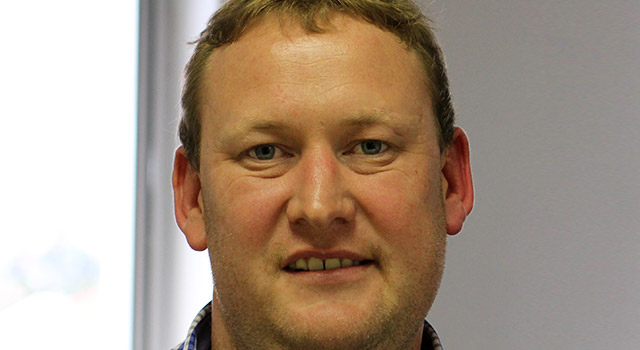
South African development house Rorotika Technologies is the brains behind many technologies consumers use every day in telecommunications and banking. Its latest venture is in gaming on feature phones, a major growth industry in Africa and emerging markets worldwide.
The company, which has 69 employees — half of which are developers — was founded in 2007 by CEO Tinus Neethling, along with Willie Bonnema (chief information officer), Hilton Goodhead, Brian Collett and Des Griggs, all of whom were previously software development architects at MTN. Ted Bartlett, another of the founders — he serves as the company’s chairman — was the only one of the original team not from the telecommunications industry.
While at MTN, members of the Rorotika team led the development of MTN Zone, the mobile operator’s dynamic tariffing technology, which adjusts call rates dynamically based on the time of day, the location of the caller and available network resources.
Neethling and the team wanted to to explore how the technology could be taken further and left MTN to start Rorotika.
Rorotika conducted the first commercial deployment of MTN Zone in Swaziland in 2007 and today it’s a commercial product offering across many of MTN’s markets.
After the Swaziland deployment, Rorotika realised it was onto something big. “We started looking at how to commercialise the business for MTN and over the next few years we focused on getting deployments done.”
But the team realised it didn’t want to be captive to only one customer. This spurred it into looking at other opportunities.
In recent years, it’s made a number of investments. The first was in “configuration management” — a technical solution called NetCM that is used in the operational support systems at MTN and Vodacom.
In time, the company has become something of an incubator, too.
In 2011, it invested in Tranwall, a credit card control application featured by TechCentral recently. Rorotika is Tranwall’s development partner.
In early 2013, Rorotika expanded its investment portfolio to include Glovent, which specialises in communications technology systems for housing estates and other gated communities. Again, the company acts as the development partner.
Glovent’s technology is installed at 80 estates in South Africa, offering everything from from solar power to fibre to the home. Estates served include Pecanwood, Fancourt and Silver Lakes.
USSD gaming
Mobile gaming is Rorotika’s new focus. Late last year, the team began toying with the idea of taking gaming to the mass market of users with feature phones.
“We all have smartphones and have a trove of games to choose from, but there is a massive part of the population with feature phones and they just don’t have access to that sort of thing,” says Neethling.
The idea was to create games using unstructured supplementary data (USSD), the menu system on mobile phones that people typically use to check their airtime balance or to top up. It has partnered with an unnamed South African operator to launch the games. Neethling says he can’t name the operator because Rorotika is bound by an agreement.
But Neethling quickly admits that USSD has a limited lifespan. “If we can apply the same principles we learned with the feature-phone market to the smartphone, we’ll be in a great position,” he says. “It’s also about establishing a relationship with the consumer, which will allow a natural progression when people upgrade to smartphones.”
Rorotika is using the gaming platform to provide “gamification” solutions to one of South Africa’s banking institutions, which he also declines to name.
“The future of games is the gamification of brands and stuff that isn’t traditionally fun,” says Neethling. The company is exploring opportunities in this regard elsewhere in Africa as well as in Latin America and in Asia. — © 2014 NewsCentral Media




